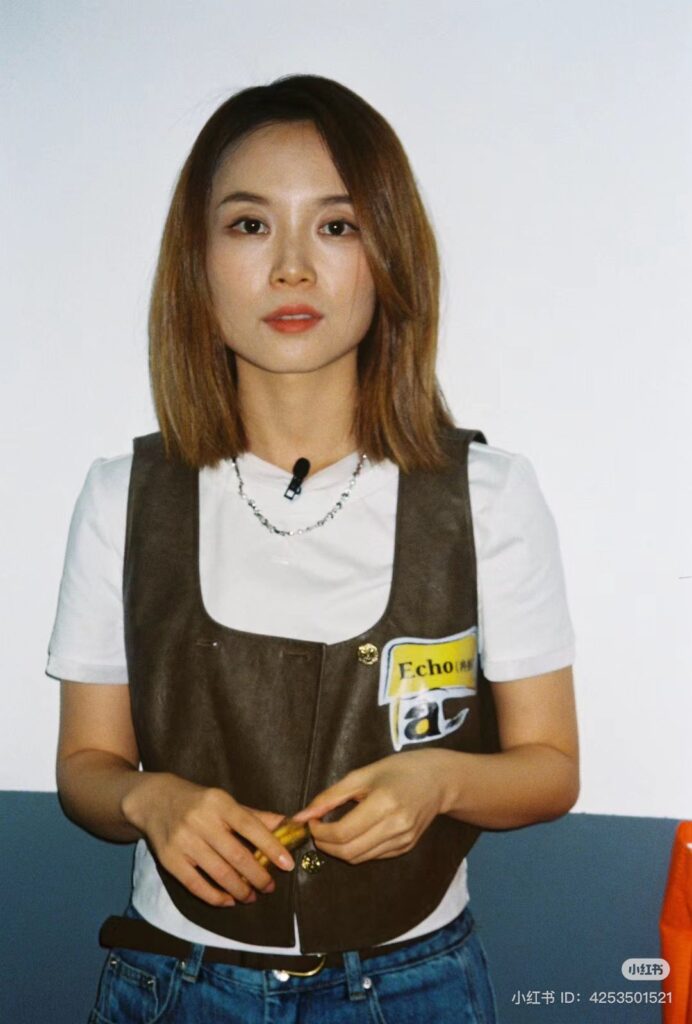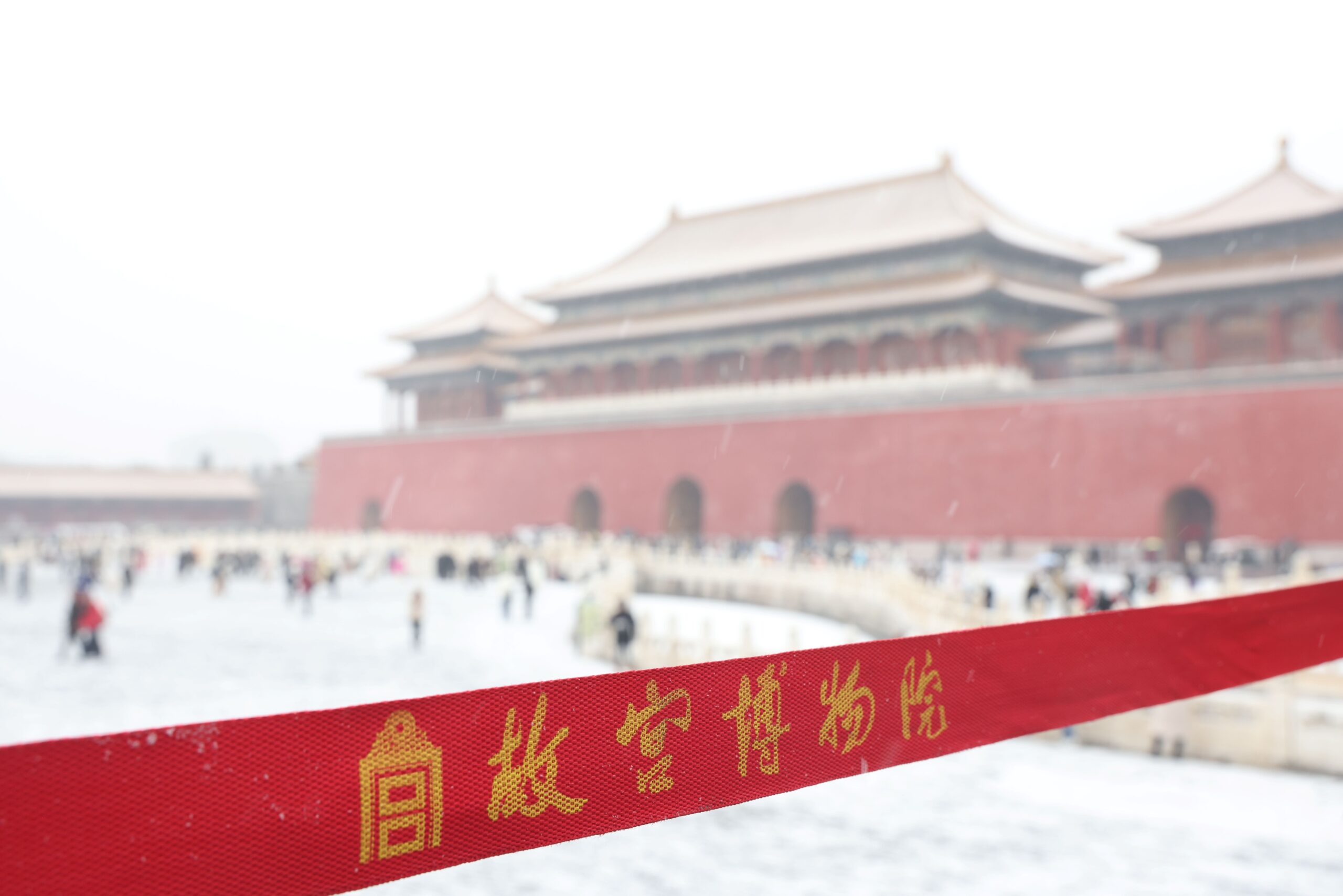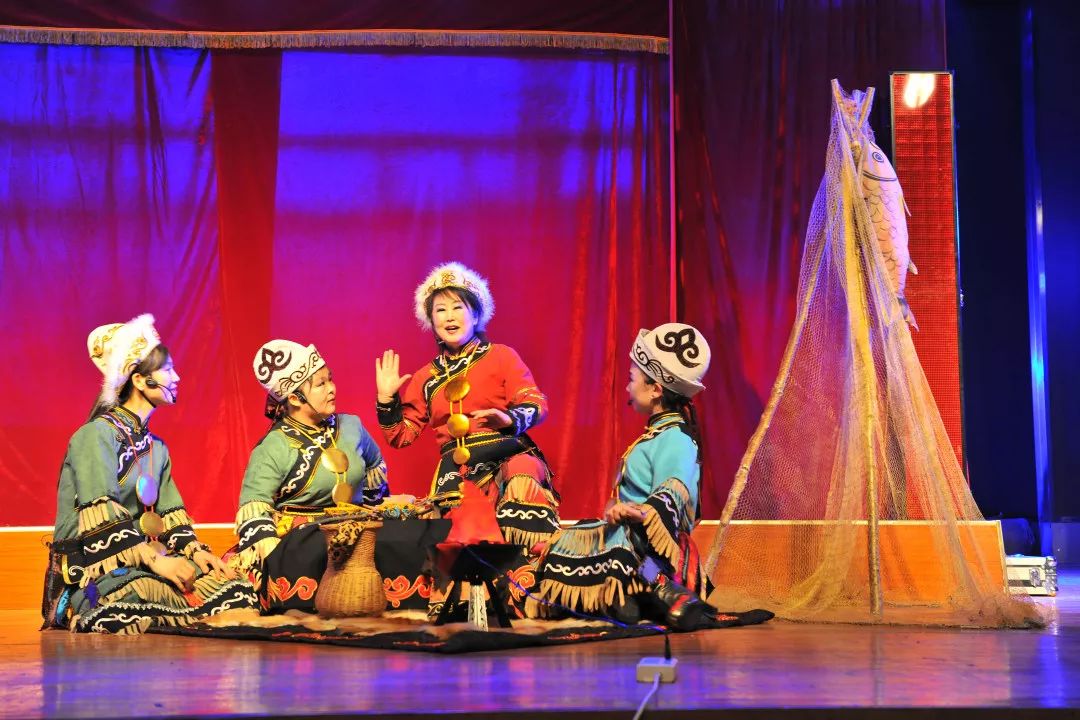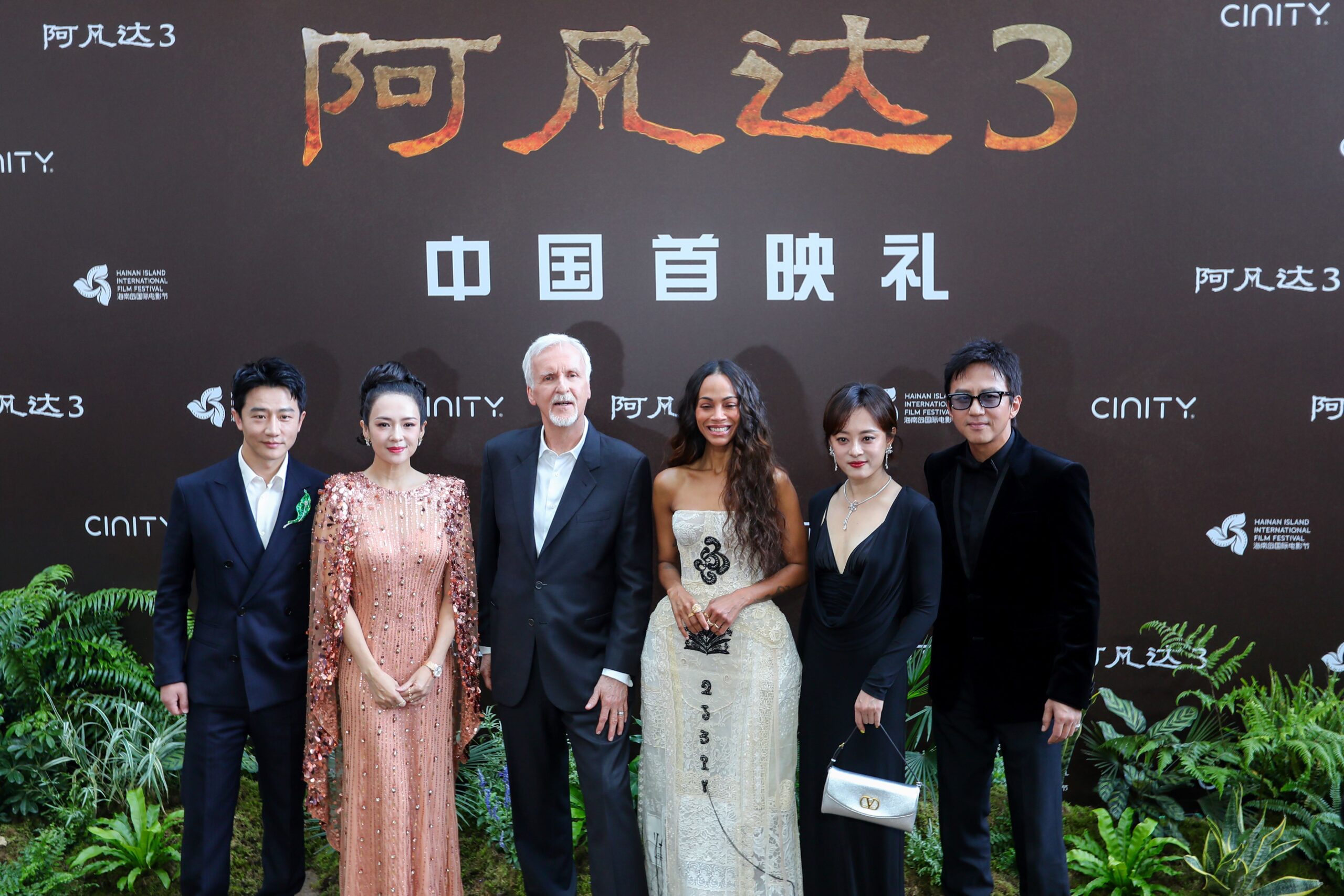Comedian Echo (冉榕) brings rural Chinese women’s stories to light through dark humour, sharing personal struggles on ‘Stand-Up Comedy and Friends.’
Up and coming Comedian Echo has become a hit after her dark-humour routine on the show ‘Stand-Up Comedy and Friends’ shared the reality of many women in rural China.
After a brief pause on stand-up comedy, due to a joke by a comic at a Beijing show that some claimed insulted the military, laughs are back on China’s screens. One of the new shows ‘Stand-Up Comedy and Friends (脱口秀和Ta的朋友们)’, which started airing in August 2024, 51 stand-up comedians are pitted against each other. Each competing to be voted through to the next round and eventually win the show.
Within the laughter, the show aims to discuss serious topics. Program project supervisor Bai Hongyu said that the program slogan is “Talk about the troubles in life through stand up”. Trouble in life is inevitable, the idea is to discuss it in a light-hearted and humorous way.
Echo has certainly done this. A member of the Tujia ethnic minority people, she hails from rural Chongqing in central China. The first in her family to go to university, this still wasn’t enough for her parents who insisted she took the civil service exams. Their relationship was contentious, at one point not speaking for three years. During this low point, stand-up comedy became Echo’s haven.
She found European and American comics to her taste. Phoebe Waller-Bridge is a favourite, having watched Fleabag on repeat.

In the third round of ‘Stand-Up Comedy and Friends’, Echo gave a black humour routine based on her own experiences about women from rural families.
She began with the line: “My family’s relationship is very complicated, mainly because there are many children. Four.”, to a smattering of shocked wows amongst the audience.
“Big sister, second sister, me, and little brother.”
While authorities strictly enforced the on-child limit in urban areas, families in rural areas were typically allowed to have more children. If the first were girls. It is also common in Chinese to refer to children by numbers based on the order they were born.
“The gap was every year give birth to one. Other people’s gap year was exploring life, my parent’s gap year was creating life”, continued Echo to laughs from the audience.
In the 6-minute routine, she recounts the story of her second sister. Facing abuse at home, she ran away to find work in the city of Shenzhen at the age of 14.
Much of the comedy was dark, explicit about the issues facing girls in rural areas.
“There were three types of kids who didn’t get hit: those that did well at school, other people’s kids, and sons,” she says at one point.

After the show aired, Echo updated fans on her second sister’s situation in a post on the Chinese microblogging platform Weibo.
Explaining that while people have an expected narrative for such a story, there is no fairytale ending. She said her second sister is “Young, low educated, entered society early, and has, no family support.”
“It is hard for me to imagine what kind of life my second sister has experienced in all these years.”
When visiting her sister in Shenzhen, she was living in a small-rented room barely a few square meters. Echo recalled thinking “This is the new life she created after more than ten years of leaving. On the one hand, I feel happy for her, but on the other hand, I feel very sad.”
The pair are now living together in Chengdu.
Echo likewise did not have a fairytale ending. She was eliminated from the show after her performance. In an interview with the Chinese newspaper Nanfang Daily, Echo said she had been advised if she stuck with this content she would be eliminated.
“At the time I didn’t believe it, but now I do.”
Despite this, she has no regrets. Her post on Weibo continued: “Although I was eliminated in this episode, I feel that I have won. Because my second sister’s story has finally been seen by everyone.
Since the performance she has been inundated with comments and private messages from rural women sharing their similar stories. Something that seems to have lived up to her hopes from the routine. For her, the point of her stand-up routine sharing the story of rural women was not to “attract attention, or to gain pity when the audience gasps.” Instead:
“The most important thing is to be seen.”
If you liked this article why not read: Zhong Feifei, The Sino-Congolese Star











